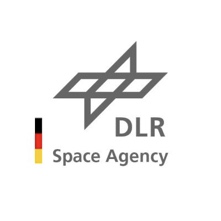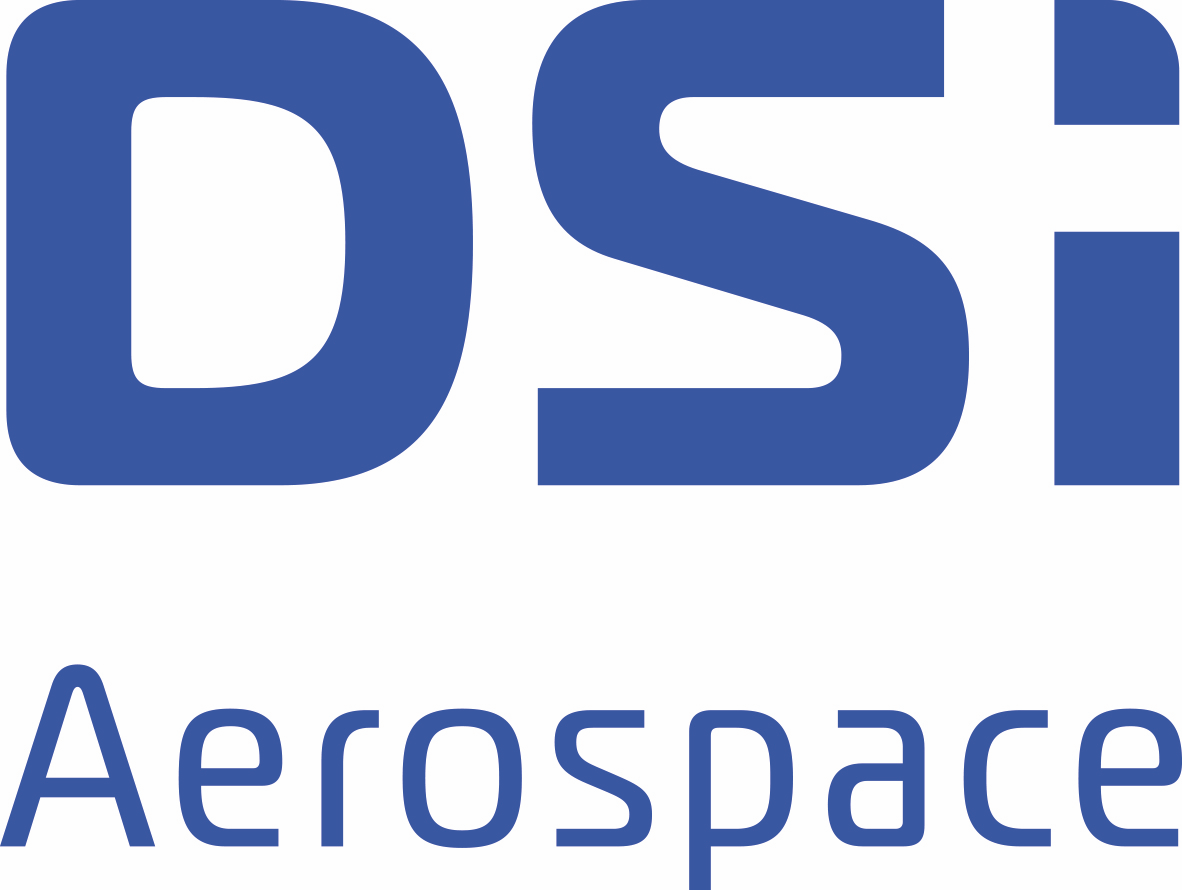

SArES: SCG-Sensorsystem für Artemis II Experiment SpacePatch
In Vorbereitung auf die Artemis-Mondmissionen ist die Entwicklung strahlungstoleranter Gesundheitssensoren von entscheidender Bedeutung. Das Projekt SArES zielt darauf ab, die kardiovaskuläre Gesundheit von Astronauten unter Weltraumbedingungen zu überwachen und zu verbessern. Für die bevorstehenden Artemis-Mondmissionen ist die Entwicklung von strahlungstoleranten Gesundheitssensoren von höchster Bedeutung, um die Astronautensicherheit und die Autonomie des Systems zu gewährleisten.
Die Gesunderhaltung und Gesundheitsüberwachung der Astronaut*innen unter Langzeit- und Langstreckenbedingungen erfährt mit den anstehenden Plänen für Flüge zum Mond und zum Mars und deren Kolonialisierung höchste Priorität. Nicht nur die medizinische Betreuung der Raumfahrenden und kurzfristige medizinische Eingriffe stehen im Vordergrund, sondern auch die Prävention von Krankheiten und die Stärkung der Resilienz der Raumfahrenden, um medizinische Komplikationen frühzeitig zu verhindern.
Das Gesamtziel des Vorhabens SArES im Verbund mit der Smart Sensors Group der Technischen Universität Hamburg ist die Untersuchung des Einflusses von Schwerelosigkeit und Strahlung auf die kardiovaskuläre Gesundheit von Astronaut:innen. Technisch umgesetzt wird dies durch die Bereitstellung eines qualifizierten und flugfähigen Sensorssystems, einschließlich sensornaher Datenvorverarbeitung und Benutzeroberfläche (UI), das die Methode der Seismokardiografie (SCG) nutzt. Durch die technische Umsetzung und wissenschaftliche Auswertung wird ein umfassendes Gesundheitsmonitoring eines Astronauten während einer Mission ermöglicht.
Als Verbundpartner in SArES ist die Universität Bielefeld für die Entwicklung der sensornahen Datenvorverarbeitung auf dem Edge-Device zur Vorverarbeitung der Daten des SCG-Sensorsystems verantwortlich. Hierzu entwickelt sie Algorithmen zur Qualitätsprüfung der Rohdaten, Prozeduren zur Datenaufbereitung, Merkmalsextraktion und Datenbereitstellung. Als Schnittstellenmodul bereitet sie die Sensordaten für die weitere Verwendung durch Analysetools auf und stellt die vorverarbeiteten Daten über eine Schnittstelle zur Verfügung. Darüber hinaus übernimmt die Universität Bielefeld das Design und die Entwicklung des 'Mission Tablet User Interface' für die Tablet-PCs der Astronaut:innen. Diese Anwendung präsentiert die extrahierten Parameter und weiterführende Analysen und ermöglicht den Astronaut*innen die Interaktion mit ihren selbst gemessenen Daten während des Raumflugs. Die Universität Bielefeld führt die projektbegleitende Evaluation mit Schwerpunkt auf 'Human-Factor'-aspekt der Softwareentwicklung (Usability Design, User Experience) durch und analysiert Pre-Flight- und Post-Flight-Daten in Bezug auf die Vorverarbeitung im Schnittstellenmodul.
Das Vorhaben wird vom Bundesministerium für Wirtschaft und Klima (BMWK) unter dem Förderkennzeichen 50WB2421B gefördert. Die Laufzeit beträgt 18 Monate, mit Projektstart am 01.01.2024. Die Verwaltung des Vorhabens erfolgt durch das Deutsche Zentrum für Luft- und Raumfahrt (DLR).
Ansprechpartner
Prof. Dr. med. Dr. PH Urs-Vito Albrecht
Projektleitung
urs-vito.albrecht@uni-bielefeld.de



